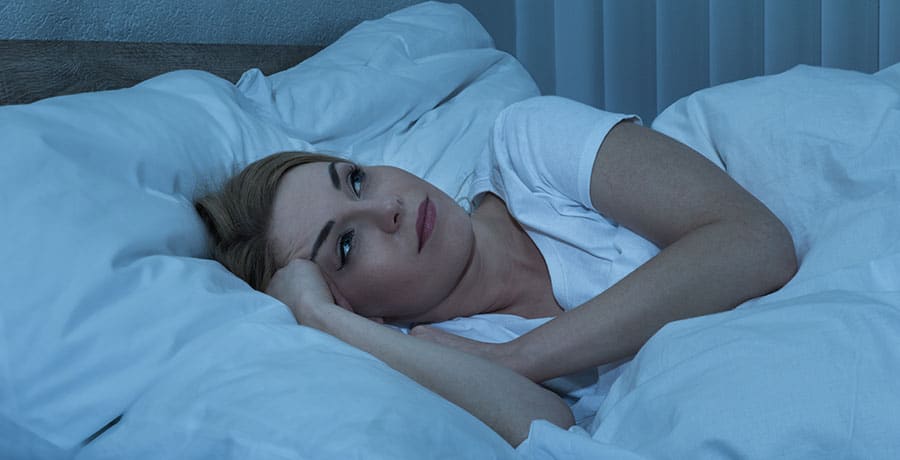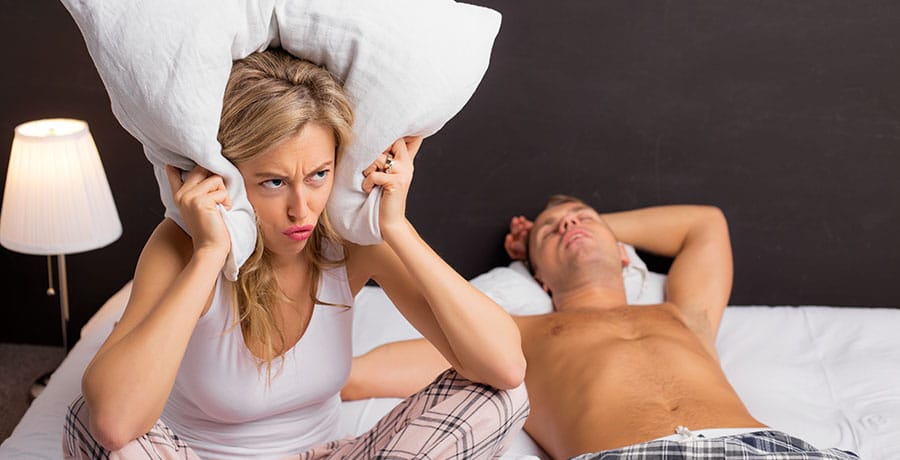
With The advent of modern-day technology, more and more people aren’t getting the adequate amount of sleep they need for normal functioning and brain health. While most people suffer from a lack of sleep due to emotional stress, work or social commitments, there is a small percentage of the population that suffers from sleep disorders which prevents them from getting a well-rested sleep and who should seek sleep disorders treatment.
As in most cases, diagnosis is key and can help manage the condition much more easily. If you suspect that your patient might be suffering from a sleep disorder, here are a few diagnostic tests that are used frequently for diagnosing sleep disorders:
Overnight Oximetry
An overnight oximetry test is generally the simplest and earliest sleep study conducted initially in a patient who is suspected to have a sleeping disorder. It involves the use of a saturation probe (generally worn on the fingers or earlobes) that measures the oxygen saturation and heart rate of the patient overnight. The test is usually done at home while sleeping, and may identify patients at a risk of suffering from nocturnal breathing problems such as sleep apnea. It also narrows down patients that need further evaluation with a polysomnogram as mentioned below.
Polysomnography (PSG)
Largely regarded as the gold standard test for the diagnosis of sleep disorders, a polysomnogram is one test that involves testing various parameters of the individual’s sleeping cycle. Usually the patient does require an overnight stay at a hospital or a sleep laboratory under the supervision of a trained technician. Various physical parameters that are tested include the patient’s respiratory pattern, oxygen levels, breathing, muscle tone and eye and extremity movements. An EEG and EKG may also be performed. More often, the patient’s sleeping cycle is also recorded on both audio and video. This test can help to diagnose a variety of disorders ranging from sleep apneas, to restless leg syndromes all the way to parasomnias.
CPAP Titration
A CPAP titration test is usually the first line diagnostic test for obstructive sleep apnea, central sleep apnea and daytime somnolence. A CPAP titration test, usually done in the sleep laboratory, involves the Continuous positive airway pressure administration up to a point that alleviated the patient’s obstructive symptoms and reduces snoring. During the test, you will monitor the same parameters as done in PSG such as breathing, respiration, oxygen levels, ocular and limb movements.
Multiple Sleep Latency Testing (MSLT)
The multiple sleep latency testing, also known as a nap study is similar to a PSG. In this test, the patient is scheduled for naps every 20 minutes. After an overnight PSG, the patient is made to go for a nap by being laid for 20 minutes with the intention of falling back to sleep. A technician will usually monitor the onset of sleep and most importantly the REM stage of sleep. This will generally be repeated after every 2 hours with an overall time period of 10 hours. These tests are especially useful in the diagnosis of hypersomnia, narcolepsy and extreme daytime sleepiness.
Actigraphy
Actigraphy is the monitoring of the patient’s sleep cycle using a wrist watch like device that measures the onset of the sleep cycle and the circadian rhythm. The monitoring may span from weeks to months. This test helps identify possible disruptions in the circadian rhythm seen in advanced sleep phase syndrome, delayed sleep phase syndrome and some types of insomnias.
Sleep Diary
A sleep diary accounts for the written record of one’s sleep cycle and circadian rhythm. It is usually done in conjunction with an actigraphy test. The patient is asked to document the sleeping and waking time each day, the number of hours he or she sleeps, the number of naps and periods of somnolence and wakefulness throughout the day. Sometimes the patient may also record the amounts of caffeine or alcohol they consume throughout the day.
Here are some of the diagnostic tests and details that you should ask your doctor if you suffer from such sleeping disorders. Moreover, you should also be careful when choosing a sleep clinic. Always visit those sleep study clinics Bethesda MD that have the right tools and medical professionals to accurately diagnose your sleep problems to ensure a proper treatment.


